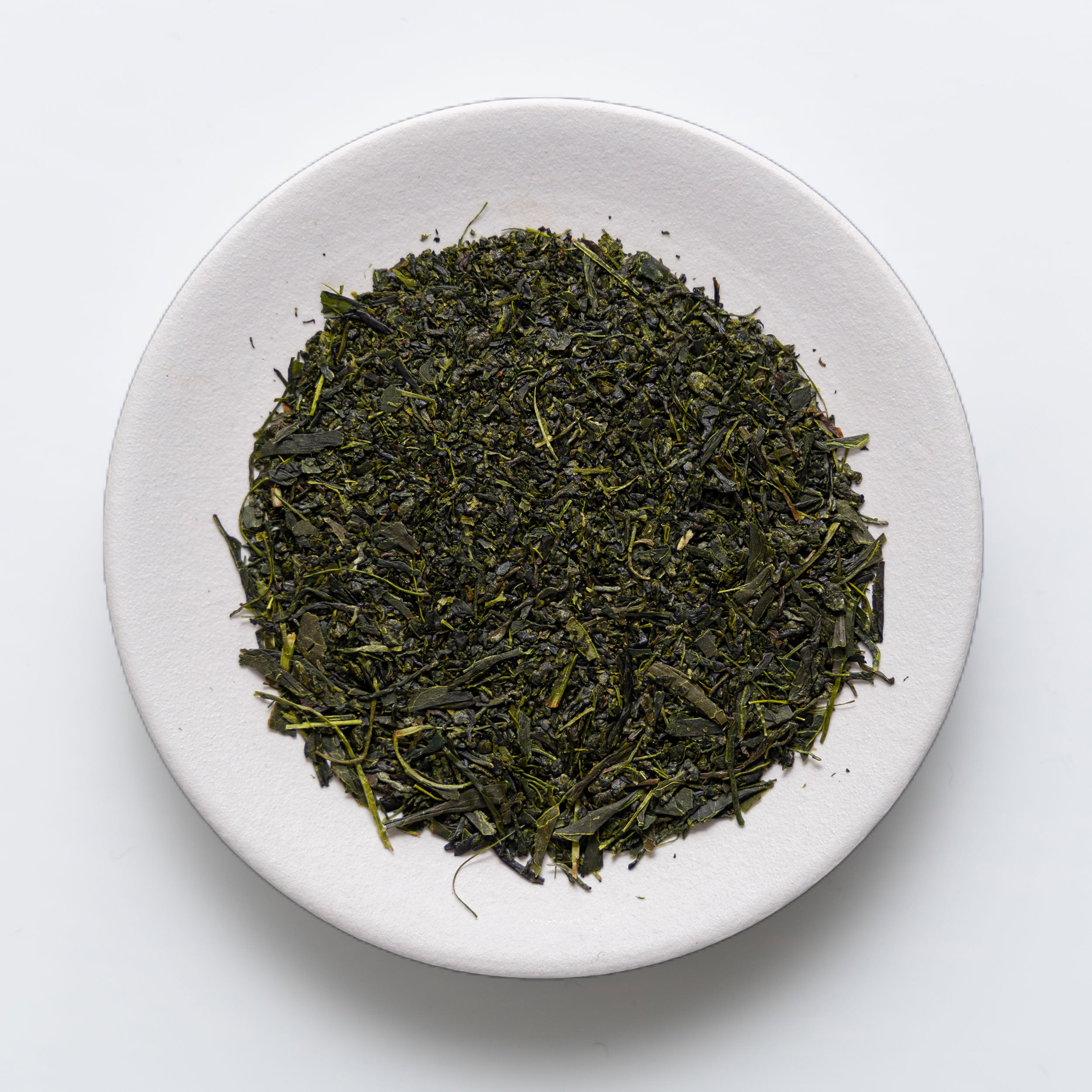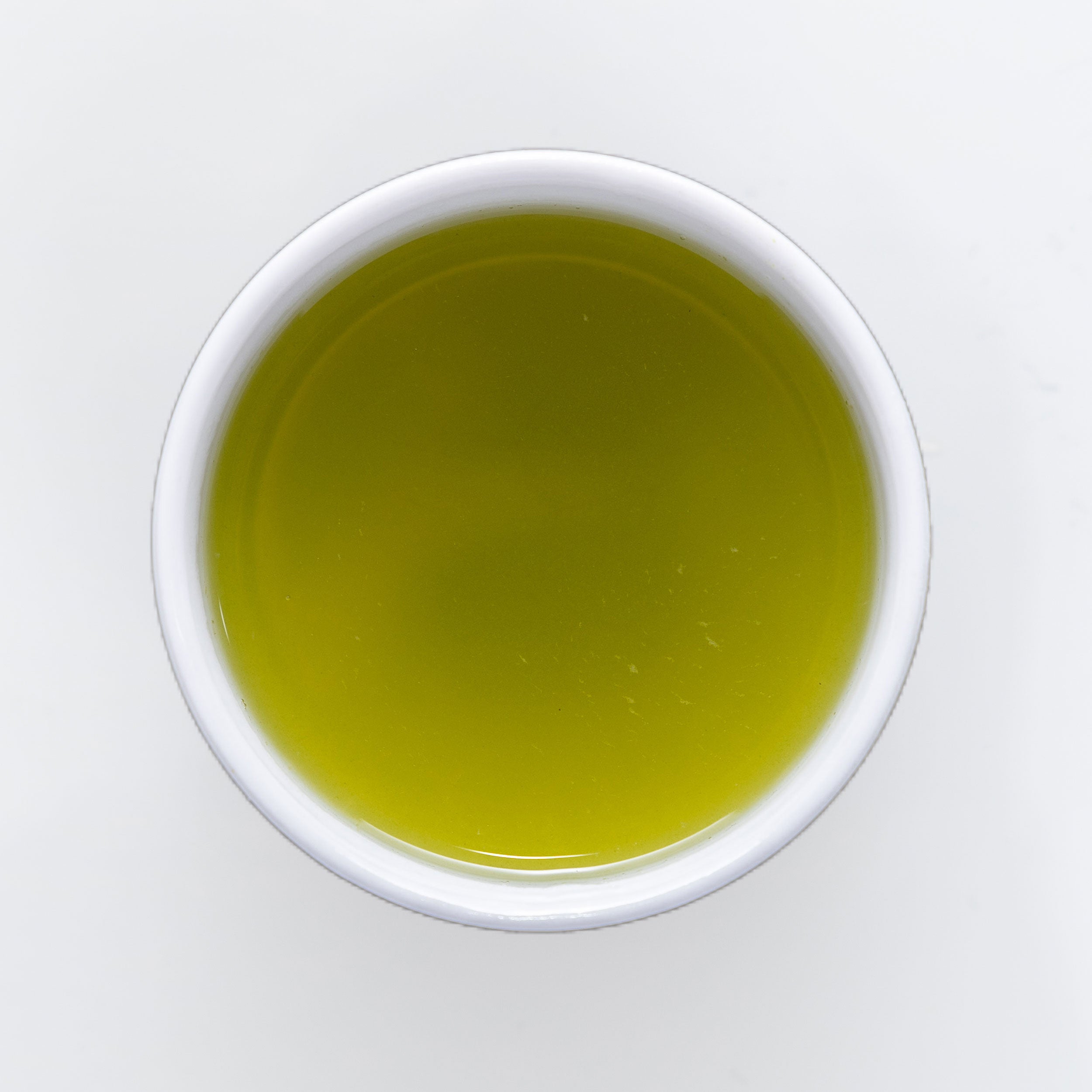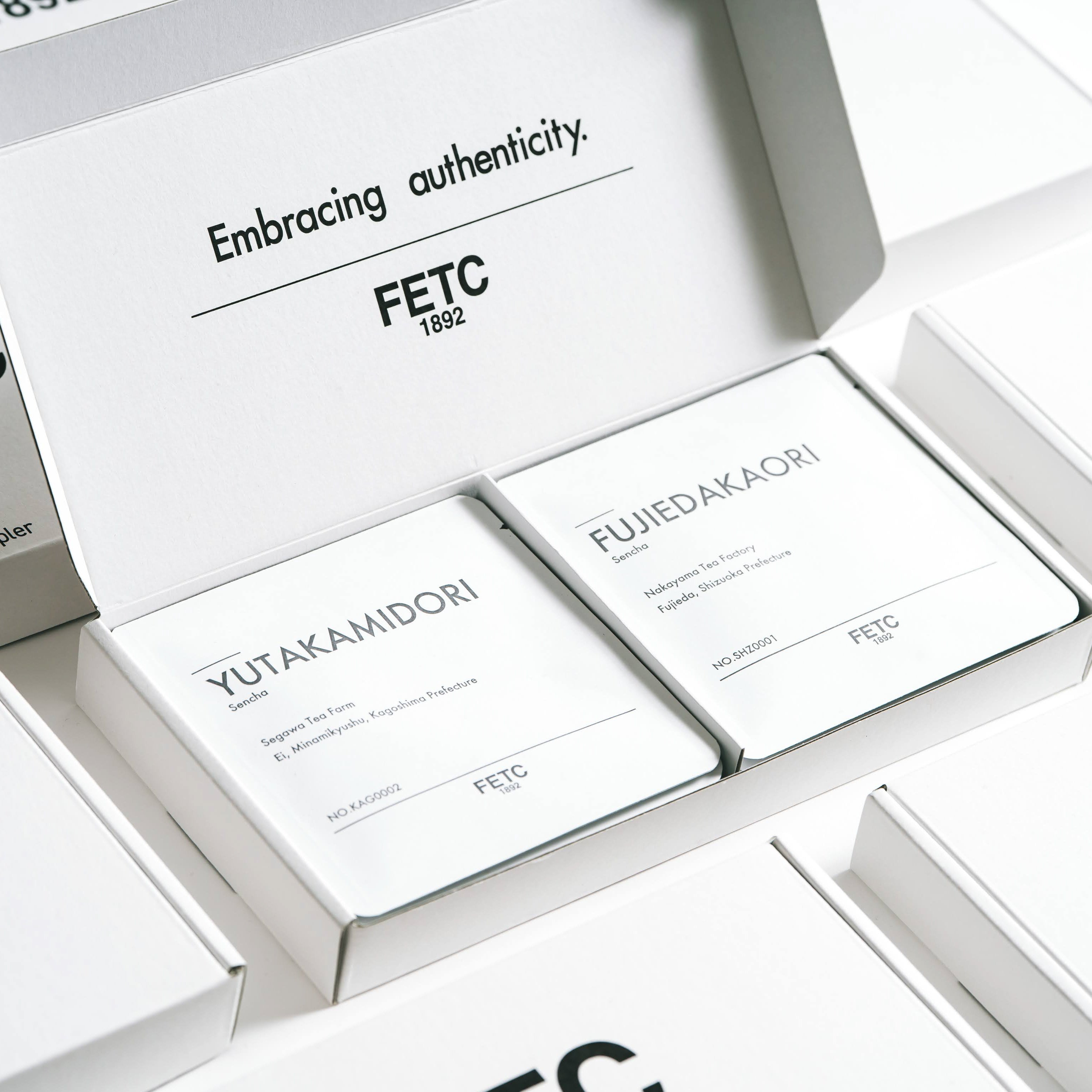TTR0001 "ASATSUYU" (40g)
Rich Umami and aroma of "natural gyokuro" lives up to its name.
"Asatsuyu" is a cultivar of tea with almost no astringency and bitterness, and is also called "natural gyokuro" because of its rich umami.
It is a gentle sencha with a soft umami that will easily soak into your body and make you take a sigh of relief.
Type: Sencha (Green Tea)
Cultivar: ASATSUYU
Cultivation: Open Field
Maker: Inoue Seiki En(Daisen, Tottori)
Taste Notes: Umami, Astringency, Fresh Green leaf
[CONTENT]
All individually packaged: 10packs (4g each)
Shipping in Japan
- We will send your order by Japan Post or Sagawa Express.
- We deliver tea at a flat rate of 250 yen (free shipping for orders over 3,000 yen) and other items at a flat rate of 650 yen (free shipping for orders over 12,000 yen).
- Items that fall under the post delivery size (such as tea) will be delivered directly to your mailbox.
※Please see this link for international shipping information.
When we first tasted this tea, we remember being quietly surprised to learn that there was such a Kohshun cultivar.
As the name suggests, this cultivar has a distinctive aroma and is often used for black and kettle-roasted tea. We had the impression that most sencha teas have a distinctly fresh, herbal aroma, but this "Kohshun" had a soft, milky sweetness. Even when brewed at high temperatures, this tea has almost no bitterness, and its volume increases. The sweet aroma enveloped my taste buds and filled my mouth with a rich and expansive flavor.
Maruhi Tea Factory, known for its aromatic teas such as black tea and oolong tea, stopped using chemical fertilizers and pesticides several years ago and switched to organic tea production to bring out the characteristics of each cultivar. Mr. Suzuki says that although farming work has become more complex, the aroma has improved dramatically over the past couple of years. The aroma of "Kohshun," which we also encountered for the first time, is still in the process of evolution. We can't take our eyes off this already delicious tea and wonder how it will change in the future.






